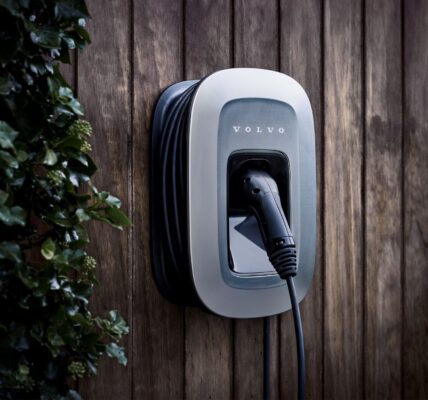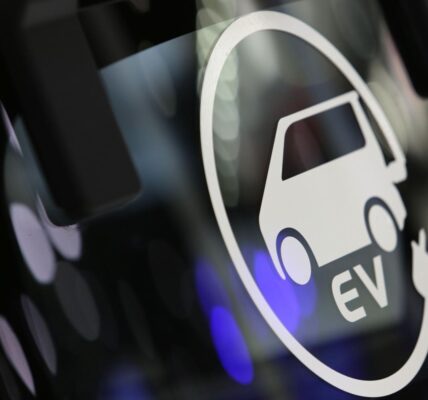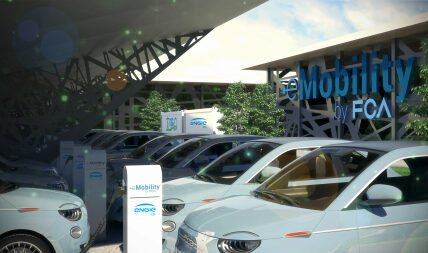Panasonic has welcomed experts from across the sector to address key issues around the future of electric vehicle technology and its effects on decarbonization.
The Livestream held on 17th March 2022, “Driving Net-Zero: How electronic components are essential for green mobility”, highlighted the development of the electric vehicle (EV) sector which relies on quality components that not only address current requirements but also meet the needs of future growth.
Panasonic is leading the way in preparing for the future of e-mobility, and earlier this year set out its Green Impact strategy, a wide-reaching reform to develop solutions addressing climate change in regards to energy and resource use/circular economy. All with the aim to drive forward sustainability and cut carbon emissions to zero by 2030 in its own operations. To address the key issues impacting the sector, Panasonic invited to the stage: Professor Markus Lienkamp, Technical University of Munich; Matthias Schmidt, European Automotive & E-mobility Researcher; Johannes Spatz, President Panasonic Industry Europe; Alexander Schultz-Storz, Director, Cross Value and Open Innovation Division, Panasonic Industry Europe; and Pascal Lieberherr, Project Manager System Design & Controls Team at Rowesys.
Demand for electric vehicles has been rising steadily in recent years. According to Matthias Schmidt, BEV pure electric new car volumes surpassed new diesel car volumes for the first month ever during December 2021 across Western Europe. Due to the impact of the ongoing war and its effect on the rising diesel price these last two weeks, the shift to EVs is forecast to accelerate even more. He then detailed his data on electric vehicle implementation and examined the fluctuations of EV demand from country to country.
According to Professor Markus Lienkamp, some of the major trends in the electric vehicle take-up include carbon reduction policies, air quality in urban centres and the key issues driving the technical developments of new power train technologies in compact-class cars up to 2030.
Panasonic’s Johannes Spatz outlined Panasonic’s ambitious global plans to drive net-zero by becoming carbon-neutral by 2030 – a massive undertaking with 250 factories worldwide and more than 240,000 employees. Within Panasonic Industry Europe and his direct area of influence at 16 different European locations, his carbon footprint analysis showed that over 80% of emissions were caused by transportation and distribution from the time products and components are shipped from the factories to customers. An area which is in big need of cleaner mobility.
Alexander Schultz-Storz of Panasonic lifted the lid on the importance of component development and spoke in detail about innovation and the digitalization of future mobility. He also introduced how the agriculture sector held many opportunities in robotics to drive carbon reduction in global food production, increasing efficiency and tackling the growing issue of ageing farmers.
Pascal Lieberherr from the Rowesys project concluded the presentations by further exploring the necessity for technology within the agriculture sector. The Rowesys robot, Rosie, removes weeds reducing the need for herbicides and conserving limited labour resources via automation.







